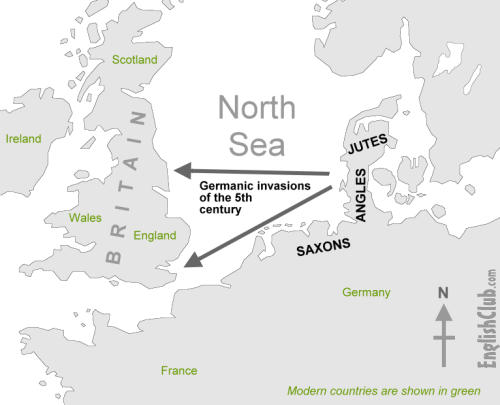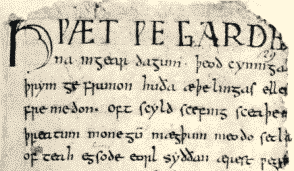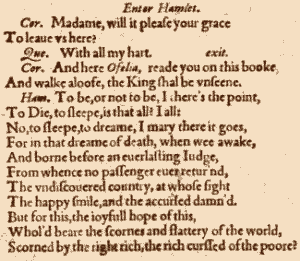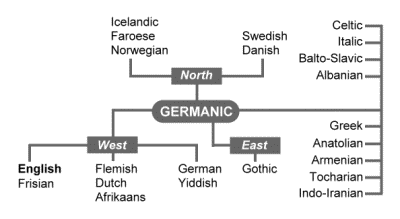 |
| Forever English |
English has been described as "
the language of opportunity", and by the time you get to yhe end of this article, we are pretty sure you'll agree, too.
Lets look reasons together:
1. English is one of the most spoken language
- English is the most commonly used language among foreign language speakers. Throughout the world, when people with different languages come together they commonly use English to communicate and basis on 2 billion people who speak it Will you make this number even bigger by learning it yourself?. Many countries include English as a second language in their school syllabus and children start learning English at a young age. It means that English is the language that will give you the best return for your efforts; after all, intellectual challenge aside, there’s little point putting a huge amount of time and effort into learning a language that you’ll hardly ever have the opportunity to use, easly you can find people from eround who speak english and oftet you can make practice with them. After your efforts it's not so difficult to learn.
2. English is the language of the world's greatest literature.
- If you say it's not enought to me to know english as a speaking, writing, reading, and if you want to learn english literature you’ll be able to enjoy works by some of the world's most famous writer's, in the language in which they were intented to be read or heard. The works of Shakespeare will take on a new meaning when yo're able to speak English, and you can look forward to enjoying such influential classics as Emily Bronte's Wuthering Heights, George Orwell's 1984 and Animal Farm (you should read this one), Jane Austen's Pride and Prejudice and many, John Faustes' Doctor Faustus, Ben Jonson's Everyman and Volpone and many more. You can read them in your language as a translation, but if you know English it's not the thing that you have to do. So, to understand them, the onlyway appreciate a classic literary work properly is to read it in its original language. Even better, through doing so. You will deepen you knowledge of English by enriching it with new words and sentence structures, idioms etc...
3. English allows you to get more populer culture and societies.
- Before, we said if you read classical literary works in it'ts original language, you can understand their real meaning. And you can also learn the cultures which the works written in. So, while you are reading English Works, you also learn it'ss cultere and you can compare them with time when they written in. It's not the only works, books, poetries, plays, also from movies we can learn their cultures. The world’s highest-grossing movies are made in Hollywood, and needless to say, they are made in English. Everyday and everywhere we see english movies. For example, are there any people from any country who don't know Game Of Thrones?
4. English will open up more opportunities for you.
- We said that English spoken by 2 billion people. So, being able to speak English allows you to communicate effectively in numerous countries, and this opens up lots of possibilities for you in terms of the countries you could choose to seek work in one day - not to mention travel to as an tourist or such things like this. You won't have to worry about getting lost when you travel to an English-speaking country, because you'll easily be able to ask for directions or ordering food and chatting to the locals will no longer be a source of stress or taking guided tours to your directions. It's doesnt't matter to you that you are in which country, because you know english and you can easily communicate with them. This means that if you speak english very well, you'll understand tahat you've a great number of possible careers to choose from after you graduate from your university.
 |
| Turkilizce |






